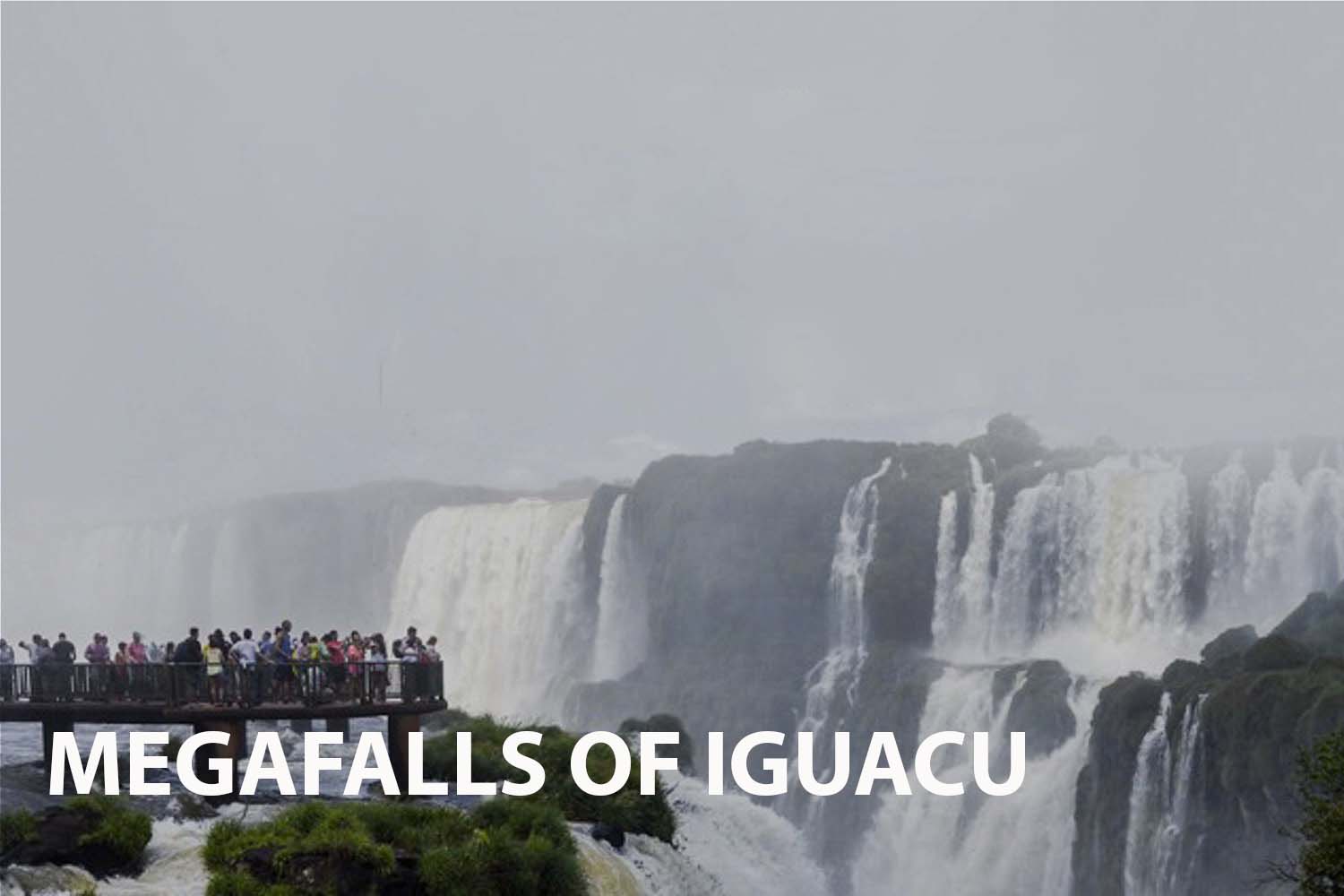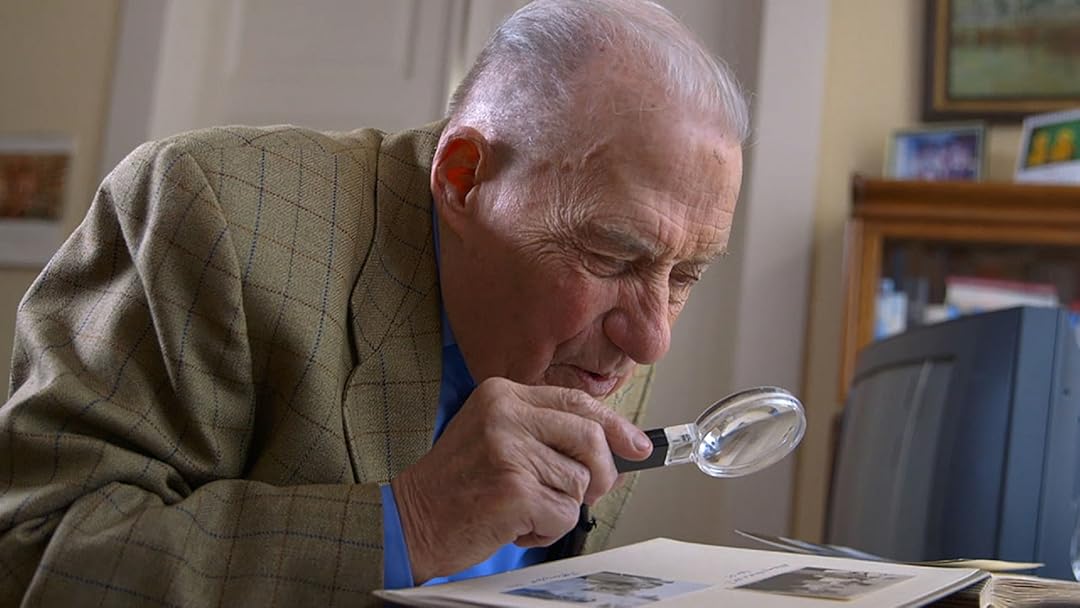Keywords: Iguacu National Park, Waterfalls, Animal Habitat, Atlantic Rainforest, Brazilian-Argentine Border, Christian Baumeister, Documentary. Three words: Stunning, Informative, Captivating.
Introduction
"Megafalls of Iguacu" is a captivating documentary directed by Christian Baumeister that was released in 2006. It explores the majestic Iguacu National Park situated on the Brazilian-Argentine border, which is home to some of the largest and most spectacular waterfalls on Earth. The film not only showcases the beauty of these falls but also highlights the diverse animal life that thrives in this Atlantic rainforest.
Synopsis
The documentary takes us on a journey through the lush Atlantic rainforest, unveiling the breathtaking waterfalls and the unique animal species that call this place home. From elusive jaguars to playful monkeys and vibrant parrots, the film provides a rare glimpse into the lives of these creatures in their natural habitat.
More Film Analysis
Analysis
"Megafalls of Iguacu" employs an immersive style that allows viewers to truly experience the grandeur of the Iguacu falls. The documentary is meticulous in its research and comprehensive in its exploration of the park's ecology, ensuring an informative and engaging viewing experience.
Historical and Factual Context
Iguacu National Park, established in 1939, is a UNESCO World Heritage Site and one of the most biodiverse regions in the world. The park's name, Iguacu, means "big water" in the Tupi-Guarani language, reflecting the grandeur of its waterfalls.
Key themes in the film
- The beauty and power of nature
- Biodiversity and conservation
- The interplay between animals and their environment
Film Comparisons
"Megafalls of Iguacu" could be compared to other nature documentaries such as "Planet Earth" and "The Blue Planet". However, its focus on a specific geographical location and its comprehensive exploration of the local fauna sets it apart.
Noteworthy Moments
One significant moment in the documentary is the encounter with a jaguar, a species that's often difficult to spot in the wild. Another noteworthy scene is the panoramic view of the Iguacu falls, showcasing their sheer size and beauty.
Reviews
This documentary was lauded for its stunning cinematography and insightful commentary. Viewers praised its educational value, with one stating, "It's not just a visual feast, but a treasure trove of information about one of the world's most spectacular natural wonders."
Conclusion
"Megafalls of Iguacu" is a must-watch for nature enthusiasts and those interested in biodiversity. Its breathtaking visuals and informative narration make for an enlightening viewing experience.
More film information:
FILM SUMMARY
- IMDB score: 7.8/10
- Rotten Tomatoes score: N/A
- Metacritic score: N/A
- Film festival awards: N/A
PERSONALITIES
- Christian Baumeister: Renowned wildlife filmmaker and director of this documentary.
LOCATIONS
- Iguacu National Park: The primary location of the film, featuring its spectacular waterfalls and diverse wildlife.
Key Questions Raised by the Film:
- How does the unique environment of Iguacu National Park support its diverse wildlife?
- What are the challenges in conserving such a biodiverse region?
- How does the presence of the waterfalls influence the ecosystem of the park?
Links for Further Exploration:
I wonder what the film would be in another art form



- If this film was a famous book, which one would it be? "The Jungle Book" - for its exploration of animal life.
- If this film was a famous song, which one would it be? "Circle of Life" - for its depiction of the interplay of nature and wildlife.
- If this film was a famous piece of art, which one would it be? "The Great Wave off Kanagawa" - for its portrayal of the powerful force of nature.
- If this film was a famous celebrity, who would it be? Sir David Attenborough - for his dedication to showcasing the wonders of the natural world.
- If this film was a color, which one would it be? Emerald Green - representing the lush rainforest.
- If this film was a music style, which one would it be? Orchestral - for its grand, sweeping scope.








